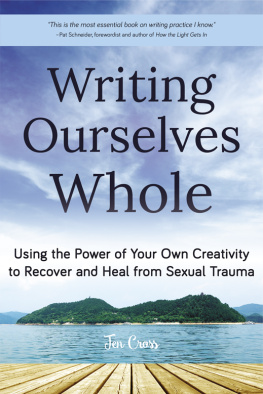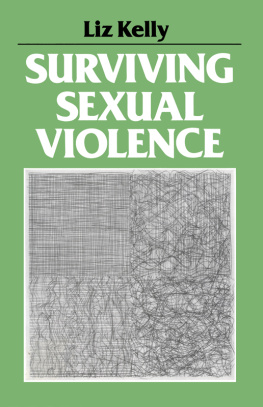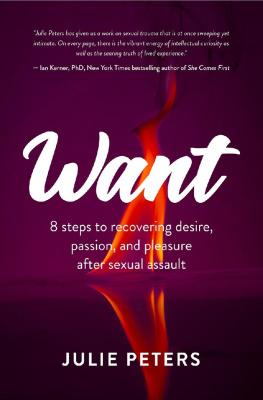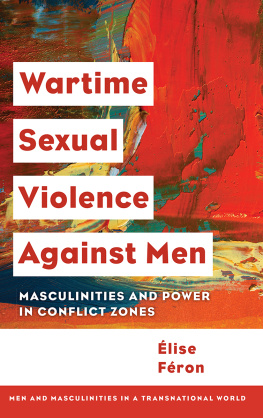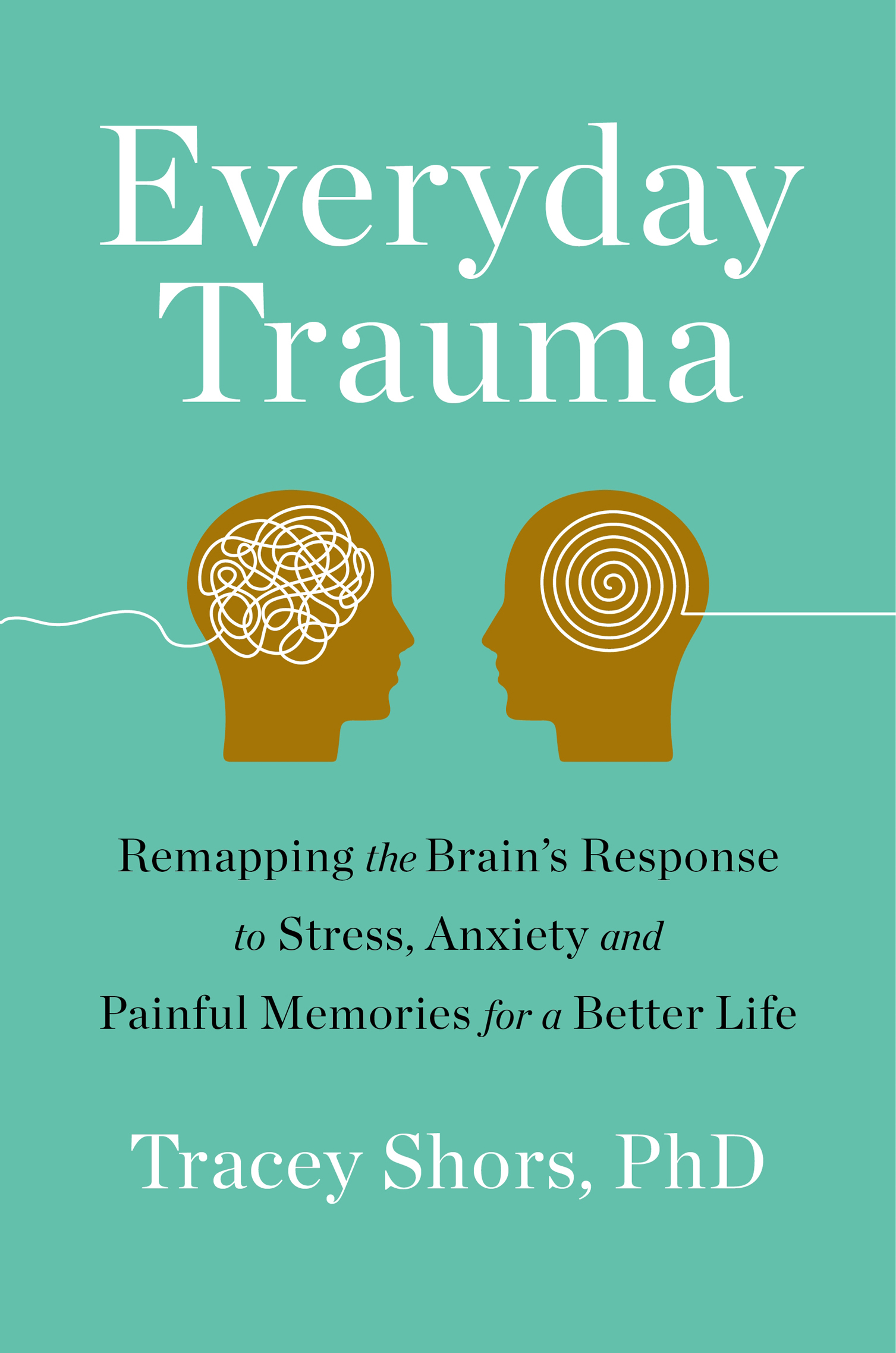Contents
Guide
Pagebreaks of the print version
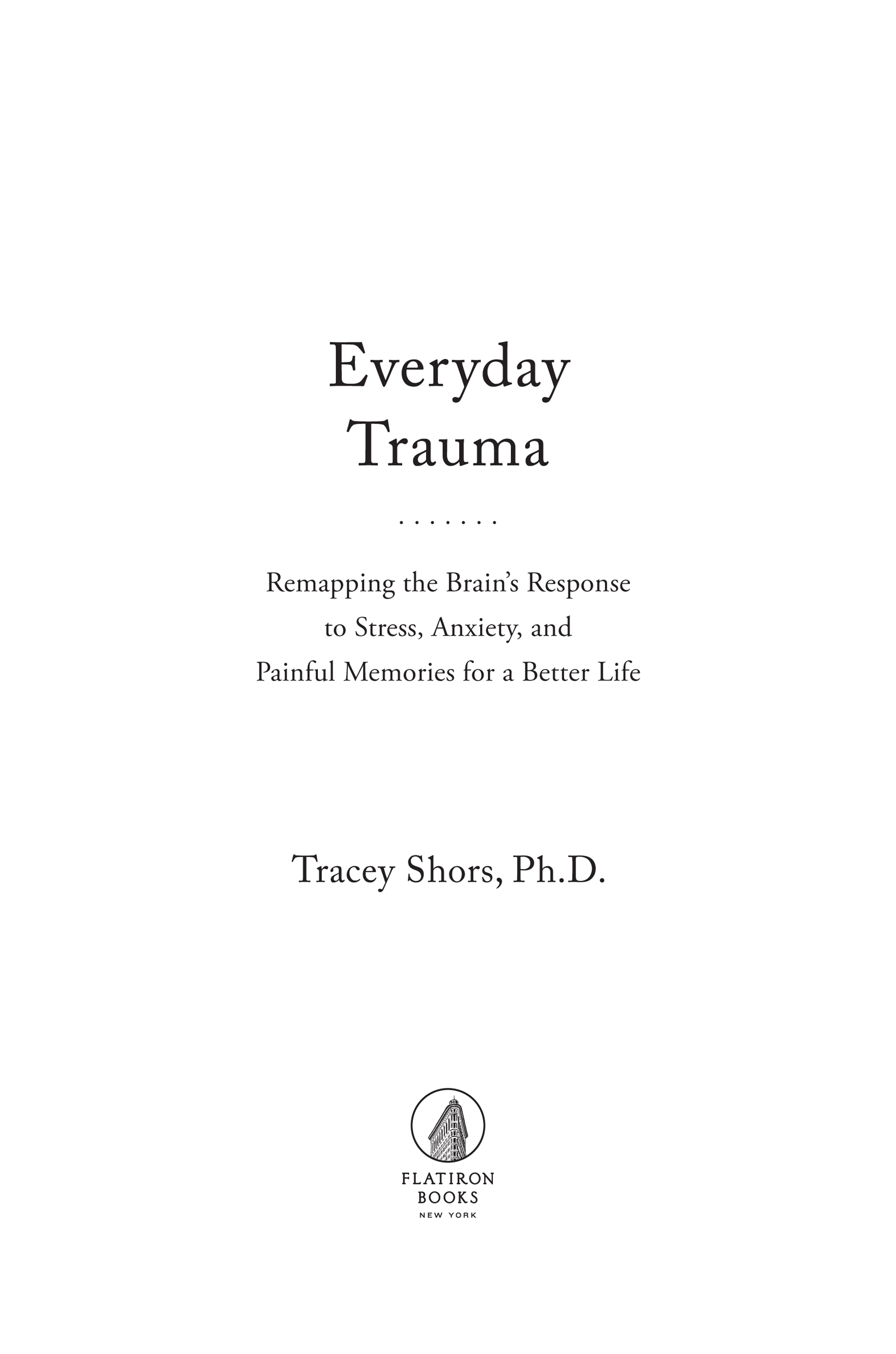
The author and publisher have provided this e-book to you for your personal use only. You may not make this e-book publicly available in any way. Copyright infringement is against the law. If you believe the copy of this e-book you are reading infringes on the authors copyright, please notify the publisher at: us.macmillanusa.com/piracy.
For my glorious son and low-key hero, Evan
Apparently there is nothing that cannot happen today.
Mark Twain
Tell me about your despair, yours, and I will tell you mine.
Mary Oliver, from her poem Wild Geese
EVERYONE HAS A STORY
My mother used to say, Everyone has a story. People tell stories about their love lives, their children, and their professional accomplishments; they talk about challenging childhoods, broken hearts, sexual violence, and emotional abuse. We tell stories for all kinds of reasons: to let others know what has happened to us, and to help people better understand who we are and what our lives mean. But mostly we tell stories to ourselves, stories about what has happened to us in the past, how we feel about what happened, and how we feel about ourselves given all that has happened. We tell stories so that we can learn from our experiences and not repeat those that cause us or others harm. But some of us tell the same stories over and over again, long after they are interesting or of value.
Our brains are designed to create stories from our everyday experiences, and often the stories we repeat are of our everyday traumas. I want to share with you some ways that we can train our brains to tell better stories with the memories we already have and how we might go about creating better memories in the future. But first, Ill need to share with you what Ive learned about how the brain generates stories in the first place as we live through the most significant moments in our livesand how these stories can wreak havoc on our everyday lives by creating feelings of depression and anxiety, panic and fear, and, under rare conditions, a psychotic break with reality. Ill share with you a few stories from my own life and what Ive learned about my own brain from personal experience. But this book is not about me. It is about your life and how your brain makes memories of its most poignant moments, good and bad, similar yet different. It is about how these memories influence our present and future. It is about thoughts and how your brain generates thoughts around those memories, day in and day out. It is about the way your brain is readyalways readyto learn and remember.
Along the way, I hope you will come to realize, as I have, how important it is to keep our brains both mentally and physically fit. We must train our brains not only for what has happened in the past but also for what is happening now and what will surely happen in the future. After all, traumas do occur. People we love will die. We wont always get the friendships that we want and need. We will live through unexpected events like the loss of a job or a car accident or a global pandemic. Things will not always turn out the way we had hoped. My mother was right. Each of us has a storybut with a bit of effort and insight, we can teach our brains not to get lost in or overcome by the memories. We can train our brains to play a leading role in the stories they create.
A UNIQUE STORY OF TRAUMA
Not long ago, I was walking downtown in New York City when I saw a huge mural. On it were painted the words EVERYONES DIFFERENT AND EVERYONES THE SAME. It reminded me of a small study in which there were only two participants, a husband and wife. Both had been involved in a terrifying car accident with more than one hundred other cars and even more people. After their car crashed into the massive pileup, they became trapped and were forced to watch a child burn to death in an adjoining car. As they watched in horror, they feared they would die as well. They survived, but as you can imagine, they were left severely traumatized. Four weeks after the accident, the couple was interviewed by a group of psychologists. During the process, they completed a structured interview used by clinicians to evaluate mental health symptoms according to diagnostic criteria. Both participants were diagnosed with acute stress disorder, which is used to describe a constellation of symptoms occurring shortly after a trauma.
The husband reported he had lots of energy during the accident, even managing to break the windshield to make room for their escape, but weeks later, he had trouble concentrating at work, felt on edge, and was irritable. Mostly, he tried not to think about what had happened. And he avoided reminders, especially the highway where the accident had happened. His wife, on the other hand, was in shock and completely frozen during the accident. She literally could not move and, afterward, said she felt numb. Later, like her husband, she avoided the highway where it happened, but then she went further and quit driving altogether. She also had trouble concentrating, but compared to her husband, her problems were more severe, leading her to sell her business within months of the accident. She experienced common symptoms associated with traumaunwanted memories, intrusive thoughts, and distress. But she also reported dissociative experiences, meaning she felt her consciousness break with reality. Her husband reported fewer symptoms and minimal, if any, dissociation. Prior to the crash, neither of them had mental health concerns, although the wife did have a history of postpartum depression and recounted a traumatic childhood.
Here we have two people, closely aligned both before and after a shared traumatic event but responding in different ways during the event and again after it was over. Now, lets turn to the actual study. The husband and wife were asked to relive the trauma while listening to a script of the accident. During this laboratory experience, the man became anxious, with his heart beating fasterabout thirteen beats per minute faster than his normal resting state. His brain was also more active, with increased blood flow to numerous regions, including the temporal cortex, under which the hippocampus and amygdala are located. Both of these brain regions are associated with the creation of traumatic memories. In contrast, the wife said she felt numb while forced to relive the traumatic event, and interestingly her heart rate did not change. Even her brain did not respond as much as her husbands. However, the part of the brain that processes visual information, the visual cortex, was quite active, as if she were perhaps seeing the event again with her brain. After the study was over, the couple completed a series of cognitive therapy sessions. The husband recovered within six months, whereas the wife did not fully recover and continued experiencing symptoms consistent with a diagnosis of post-traumatic stress disorder, more commonly referred to as PTSD.
This story, albeit tragic, is highly unusual. It is not often that neuroscientists have the opportunity to study the brains of two people who experience the same traumatic event. The couple presumably had similar everyday lives leading up to the traumaafter all, they are married. To be sure, they had different histories and experiences prior to the car crash, but in the big scheme of things, their everyday lives and their lives that day were likely similar. They probably had lunch together and talked about what had happened at work and their plans for the next weekend. Then, all of a sudden, the crash happened, and the man became hyperactive and energized enough to break a windshield (no small feat), while his wife sat frozen in fear. Now it might be tempting to assume that their responses were different because of their genders, but we must be careful about these preconceptions. If the wife had broken the windshield and the husband had sat there frozen, we probably would not explain it away by gender alone. The truth is that we dont know all the circumstances surrounding the accident. Maybe the husband wasnt as trapped as the wife was. Maybe she couldnt see a way out. And we must consider alternative outcomes. For example, what if their daughter or son were in the car? Perhaps they would have responded differently. Parents are known to overcome many obstacles in life in order to protect their children.



